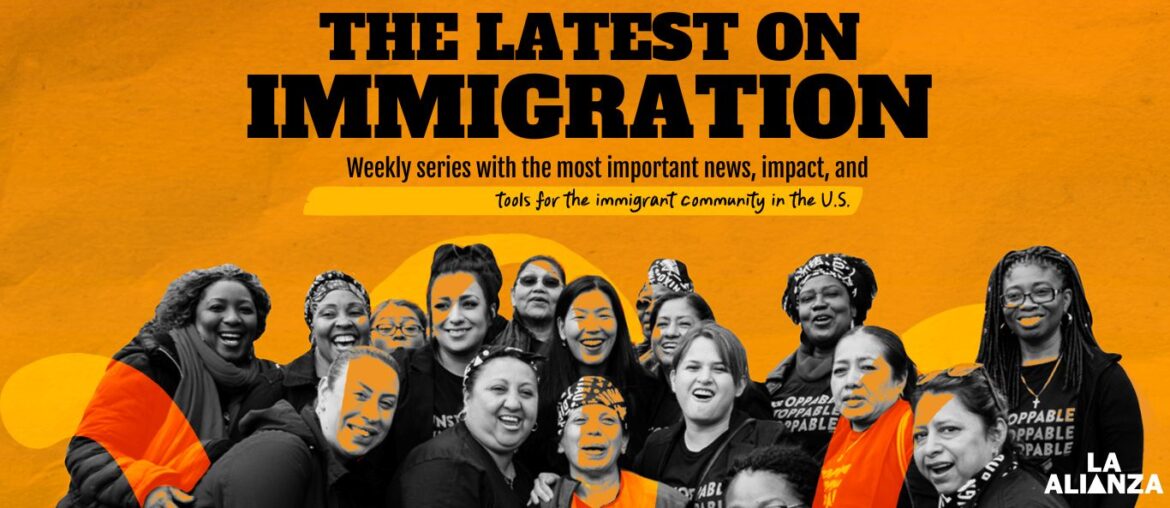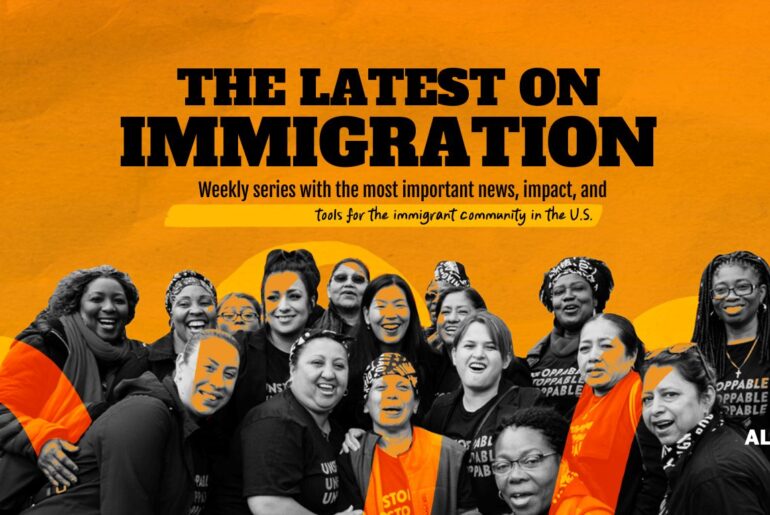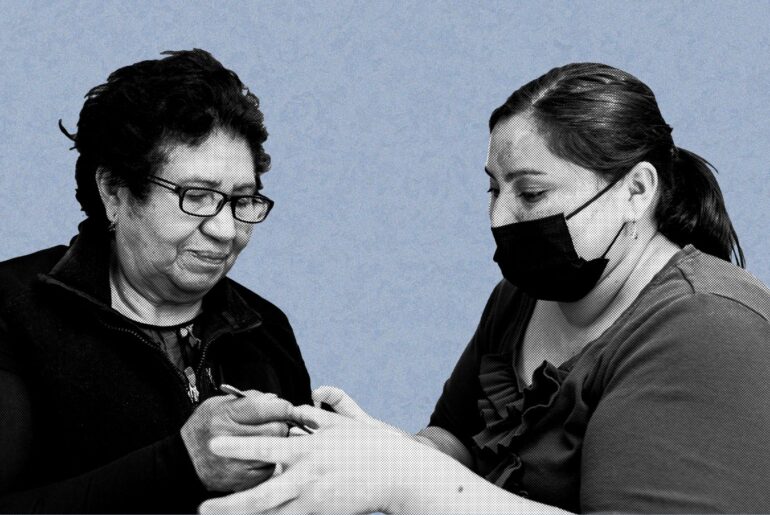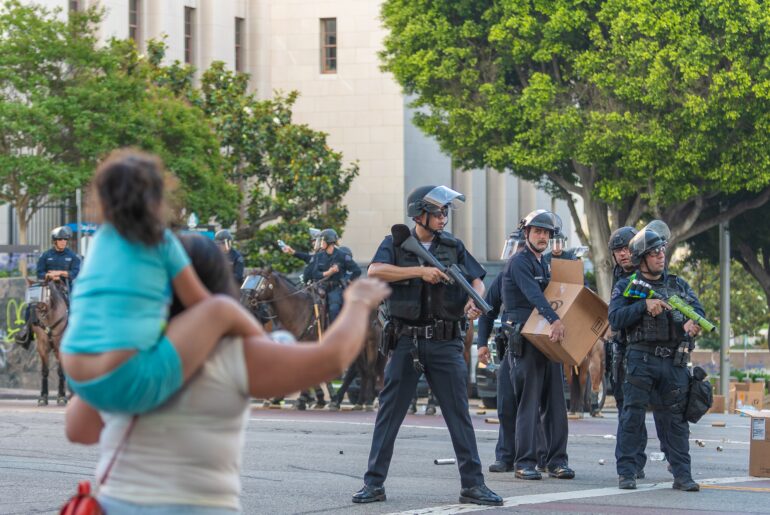In the last two weeks, the federal government has tightened immigration policies that affect both entry and stay in the United States. Among the measures are new visa restrictions, the return of mandatory interviews for most renewals, a deposit of up to $15,000 for certain visitors, and a message that increases uncertainty for DACA recipients.
Recent News
Department of Justice publishes list of 35 “sanctuary” jurisdictions
- What we know: On August 5, the Department of Justice (DOJ) released a list of 35 jurisdictions, including 12 states and the District of Columbia, which, according to the government, limit local cooperation with immigration authorities. Attorney General Pam Bondi said these policies “put the public at risk” and announced that the DOJ will continue to file lawsuits to force compliance with federal law. Among the jurisdictions listed are California, New York, Illinois, Washington, Oregon, and cities such as Seattle, Philadelphia, and San Francisco.
- Why it matters: Publishing this list is part of a strategy to increase legal and political pressure on local governments that limit cooperation with ICE and CBP. Lawsuits could lead to forced policy changes and the loss of federal funding.
- Who it affects: Migrant communities in these jurisdictions could face an increased presence of federal agents and more detention operations.
The US eliminates interview exemptions for most visa renewals
- What we know: Starting September 2, almost all nonimmigrant visa applicants will be required to attend in-person interviews, including children under 14 and adults over 79, who were previously exempt. Only limited exemptions will remain for diplomatic or official visas and for B-1/B-2 visas and Border Crossing Card renewals in cases that meet strict requirements.
- Why it matters: The change involves a return to pre-pandemic procedures and seeks to reinforce in-person verification and security checks. This could increase wait times, travel costs, and difficulty accessing appointments, affecting students, temporary workers, researchers, and frequent travelers. It also impacts those who were expected to renew without an interview due to age or previous exemption programs.
- Who it affects: Applicants for work, study, or exchange visas, as well as U.S. companies that rely on international personnel. Also, business or leisure travelers who previously qualified for the exemption will now have to comply with the new rules, which may cause delays in travel and hiring plans.
The US will require deposits of up to $15,000 from some tourists and business travelers
- What we know: Starting August 20, the State Department will implement a 12-month pilot program that will require certain travelers applying for B-1 (business) or B-2 (tourist) visas to pay a refundable deposit of between $5,000 and $15,000 in order to enter the United States. The measure will apply to individuals from countries with high rates of overstaying or with limited background verification information, as assessed by consular officials. The list of affected countries will be published when the program takes effect and will not include countries in the Visa Waiver Program.
- Why it matters: Although the deposit will be refunded if the conditions of the stay are met, the amount can be a significant obstacle for many travelers, with potential impacts on tourism and diplomatic relations. The initiative seeks to reduce non-compliance with departure deadlines and revives a proposal announced in 2020 that was not implemented due to the pandemic.
- Who it affects: Mainly travelers from countries with high rates of overstaying or limited background checks, as well as families with members of different nationalities and companies that receive visitors for commercial or professional activities.
Government urges DACA recipients to self-deport
- What we know: On July 31, a representative from the Department of Homeland Security (DHS) stated that the DACA program “does not grant legal status” and warned that its beneficiaries could be arrested and deported. The announcement came after the case of Erick Hernández, a DACA beneficiary detained in San Diego after accidentally crossing the border into Mexico without prior authorization. His lawyer asserts that Hernández did not leave the country voluntarily and was in the process of applying for permanent residency.
The measure has been criticized by immigration organizations and lawyers. Some experts have pointed out that the notion that being in the country under DACA provides no protection is “simply false.”
- Who it affects: According to the National Immigration Forum, in March 2025, there were a total of 525,210 people with DACA status nationwide. At present, these individuals can continue to renew their legal residence status—including their protection from deportation and their work permit—every two years.
Developing Stories and Local News
These are news and legislation that, to date, are still in the process of being approved or developed. Details may change:
- Operations and transfers at “Alligator Alcatraz”: Florida Governor Ron DeSantis reported nearly 3,000 arrests in six months, of which about 600 were processed at the “Alligator Alcatraz” detention center in the Everglades. Despite a court order that temporarily suspended its construction due to possible environmental violations, the facility continues to operate. Lawyers report that hundreds of people are being held with no communication and without access to clear legal processes, while organizations point to inhumane conditions and risks to the ecosystem.
- Risk of deportation for applicants for residency through marriage: A new USCIS policy allows deportation proceedings to be initiated against immigrants without legal status who apply for residency through a spouse or family member, even during the application process. Experts warn that this measure, in effect since August 1, expands the scope of deportation to people who previously did not face this risk during the process.
- Raid in Los Angeles leaves 16 detained: DHS agents arrested 16 migrants at a Home Depot in the MacArthur Park area, linking the operation to the presence of the MS-13 group.
- Government denies existence of daily quota of 7,000 arrests: In response to lawsuits, the administration denied that ICE has a target of 3,000 daily arrests, despite previous reports.
- Attempt to end protections for detained minors: Organizations and lawyers report that migrant children and adolescents continue to be held in unsanitary conditions and without adequate medical care, even though the Flores Agreement establishes minimum standards of care. The Trump administration has asked a federal court to end this agreement, in place since 1997, which advocates say would eliminate a key mechanism for oversight and protection against abuse.
Resources
- Visit the National Domestic Workers Alliance’s “Know Your Rights” platform, which includes immigrant rights, immigration options, a legal aid directory, and more. To access it, visit ndwa.us/immigrant
Note: The National Domestic Workers Alliance is the partner organization of La Alianza - Learn how to recognize fake news about immigration and avoid misinformation with this guide: How to Identify Fake News About Immigration and Avoid Misinformation
Legal Disclaimer: This information is provided for educational purposes and does not constitute legal advice. It is recommended that you consult with an immigration attorney to assess your specific situation.





